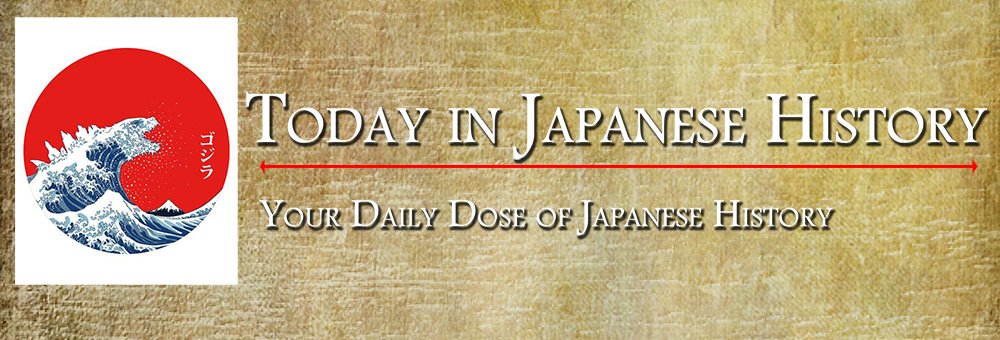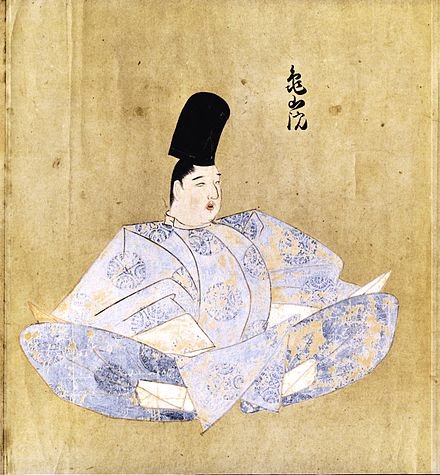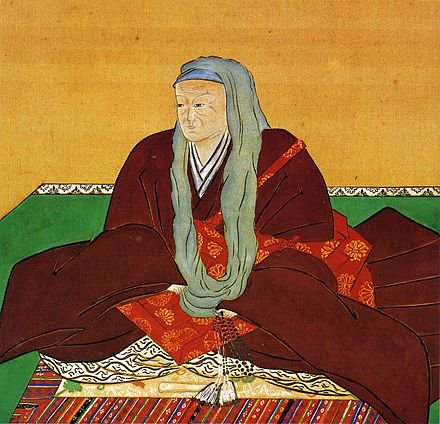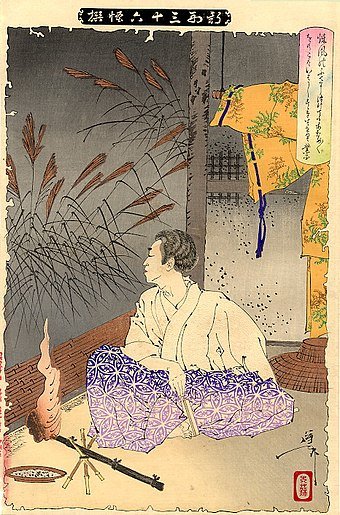Today in Japan ~ 9 July 2021 ~ History of Today
Today in Japan ~ 9 July 2021

And here is your daily almanac for Friday the ninth of July 2021.
Today is butsumetsu (仏滅), one of the rokuyō, the Buddhist horoscope. Bad luck today, I'm afraid: butsumetsu symbolizes the day the Buddha died and is considered the unluckiest day. (If you forget the details of the rokuyō, see this post)
Today is also the new moon, which contrary to the bad luck of the above, many consider good luck and a good time to begin new things.
Today is the third day of onpū itaru (温風至)[1], which translates to something like "warm winds blow". This is the time when rainy season is coming to an end, the winds are starting to blow bringing in more heat.
On the old calendar (旧暦) today would have been the thirtieth day of the fifth month.
Today in 869 The Jogan Earthquake (貞観地震, jogan jishin) hit.

This was an 8.4 earthquake in the area around Sendai in northern Honshu, possibly as great as 9.0. The resulting tsunami caused widespread flooding and reached up to 4.5 kilometers inland where it left sand deposits. At the time this was the frontier so it was not heavily populated, but still according to early records, around 1000 people were killed.
This is the same area where the 9.1 Tohoku quake would hit in 2011, 1142 years later.
Emperor Kameyama (亀山天皇, Kameyama-tennō) was born today in 1305.

He abdicated to his son in 1274, but he retained power as cloistered emperor, which was much the style at the time. When the Mongols invaded for the second time in 1281 and were destroyed by a typhoon, Kameyama claimed credit for the victory, saying it was due to his plea to Amaterasu, the sun goddess.
The shogunate removed him from power in 1287, and shortly after in 1289 he became a Zen priest. In 1291 he helped establish Nansen-ji in Kyoto.[2] He died in 1305 at the age of 56.
Also today, another emperor, Emperor Reigen (霊元天皇, Reigen-tennō), was born in 1654.

He was the 112th emperor of Japan. His reign spanned from 1663 to 1687, but he did nothing much of note during the time. He was content not to challenge the shogunate and to remain in the background. He died in 1732 at the age of 78.
The Americans took Saipan today in 1944, ending the Battle of Saipan, a decisive battle that put the mainland of Japan within range of B-29 raids.
And finally, today in 880, the poet Arihara no Narihira (在原 業平) died. Considered one of the Six Poetic Geniuses, one of his poems was featured in the famous Hyakunin Isshu, and 87 others were featured in other imperial anthologies.

Besides poetry, Narihira is renowned for his many love affairs. It is said he had an affair with the high priestess of Ise Grand Shrine, as well as Ono no Komachi[3], and that he fathered Emperor Yōzai.
He died in 880 at the age of , and his death poem shows his shock at it.
つひにゆく道とはかねて聞きしかど昨日今日とは思はざりしを
tsui ni yuku michi to wa kanete kikishikado
kinō kyō to wa omouwazarishi wo
Long ago I heard
That this is the road we must all
Travel in the end,
But I never thought it might
Be yesterday or today.[4]
That's all for today. Until next time: Be well, do good work, and keep in touch. Have a good day today!
❦
 | David LaSpina is an American photographer and translator lost in Japan, trying to capture the beauty of this country one photo at a time and searching for the perfect haiku. |
Also possible to read that as atsukaze itaru. ↩
One of my favorite temples in Japan. It is wonderful. Plus geisha and maiko often use it as a shortcut as they walk from job to job, so it's a great place to see them. ↩
Old Japanese is hard enough, but Narihira was known for being very difficult to understand. Some scholars suggest that the last two lines should instead be "Until yesterday, I never thought that it might be today." ↩